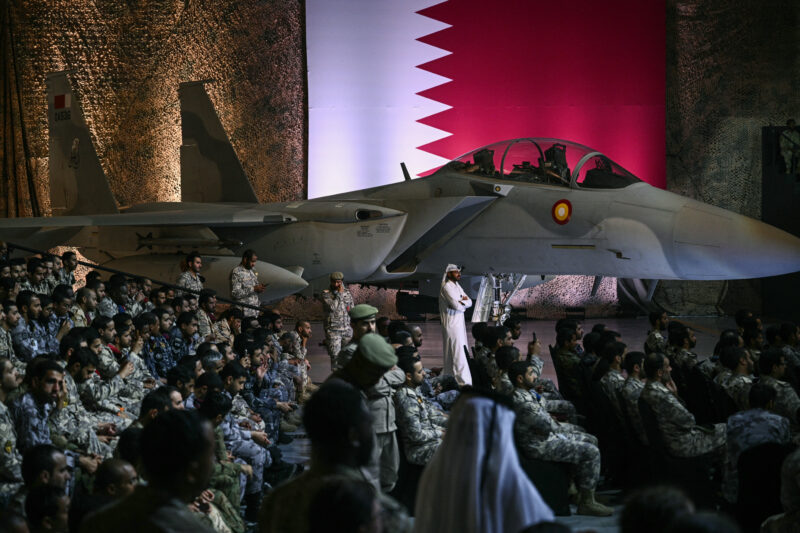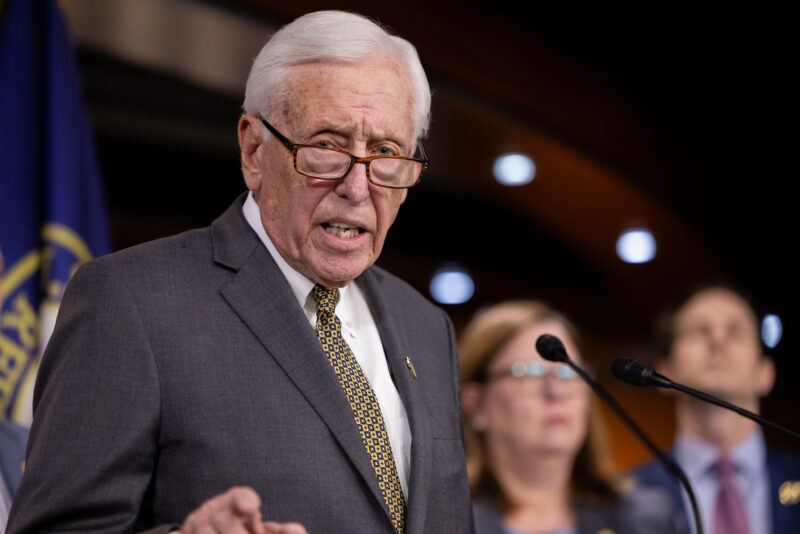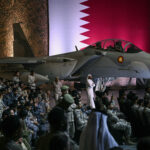IDF spokesman says Israel thwarted an Iranian plan for a larger missile attack on the largest city in southern Israel

IDF
The site of an Iranian ballistic missile strike in Beersheba, Israel, June 20th, 2025
An Iranian missile struck Beersheba, the largest city in southern Israel, for the second consecutive day on Friday, hours after President Donald Trump said he would decide in the next two weeks whether to join Israel in striking the Islamic Republic.
The IDF unsuccessfully attempted to intercept the surface-to-surface missile from Iran, which injured seven and left a crater at the blast site and damage to buildings in the area of Beersheba’s HiTech Park.
One of the sites reportedly damaged was Microsoft’s office in Beersheba, which the Islamic Revolutionary Guard Corps claimed worked in “close collaboration with the Israeli military” and was “part of the system supporting aggression, not merely a civilian entity.”
Beersheba Mayor Rubik Danilovich said, “There is extensive damage, but people acted according to Home Front Command instructions” — to enter safe rooms and shelters — “and saved themselves. Our challenge is to collect the residents and find them solutions. We prepared for this.”
Some of the residents wounded by the blast were evacuated to Soroka Medical Center, the hospital in the city where an entire wing was destroyed by a missile a day prior. That wing was older and, unlike other areas of the hospital complex, not reinforced to protect from attacks.
Hours before the strike on Beersheba, the IDF shot down an Iranian drone near the Dead Sea.
But in most parts of the country, Israelis had their first quiet night in a week, with no sirens interrupting the sleep of residents of central or northern Israel.
White House Press Secretary Karoline Leavitt said on Thursday that President Trump would take up to two weeks to decide if the U.S. will join Israel’s operation against Iran. Key components of Iran’s nuclear program are in a facility in Fordow built under a mountain, and experts said Israel does not have the capability to destroy it from the air, while the U.S. has Massive Ordinance Penetrators and B-2 heavy stealth bombers, which are thought to be have the capacity to destroy it.
“I have a message directly from the president, and I quote, ‘Based on the fact that there’s a substantial chance of negotiations that may or may not take place with Iran in the near future, I will make my decision whether or not to go within the next two weeks,'” she said at a White House briefing.
“He’s been very clear,” Leavitt stated. “Iran went for 60 days when he gave them that 60-day warning without coming to the table. On day 61, Israel took action against Iran. And as I just told you from the president directly, he will make a decision within two weeks.”
Israel struck the Lavizan area of Tehran late Thursday night. Earlier this week, opposition news outlet Iran International reported that Iranian Supreme Leader Ali Khamenei was underground with his family in Lavizan.
In the early hours of Friday morning, the IDF struck Rasht, a town near the Caspian Sea in northern Iran, and the location of a technological park. The IDF sent residents an evacuation notice before the strike, saying that it plans to “attack military infrastructure” in the area.
Over 60 IAF aircraft attacked dozens of targets in Iran overnight, including “an essential component for nuclear weapons,” IDF Spokesperson Effie Defrin said in his daily briefing on Friday.
Defrin said that Iran had planned a larger attack on Beersheba on Friday morning but Israel thwarted that plan, destroying three primed launchers. “Prior to launch, we detected the deployment of three launchers that were ready to fire, as seen on the screen, and we neutralized them,” Defrin said.
Israeli aircraft struck production sites for missiles and missile components, as well as radar installations and a weapons research and development center in Tehran, the IDF Spokesperson’s office said.
Asked about reports that the IDF is running low on interceptors, Defrin explained that the more missile launchers Israel strikes in Iran, the fewer interceptors it will need in Israel.
The International Atomic Energy Agency reported on Thursday that Israel caused severe damage to Iran’s heavy water reactor in Khondab, used for research. IAEA Director Rafael Grossi said he did not expect any radiological consequences.




































